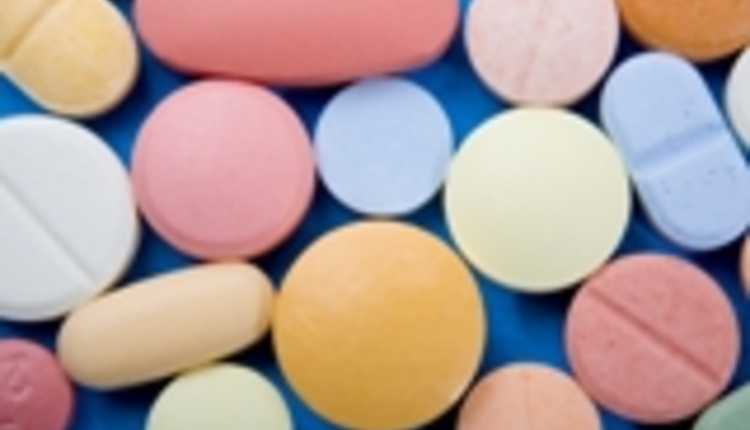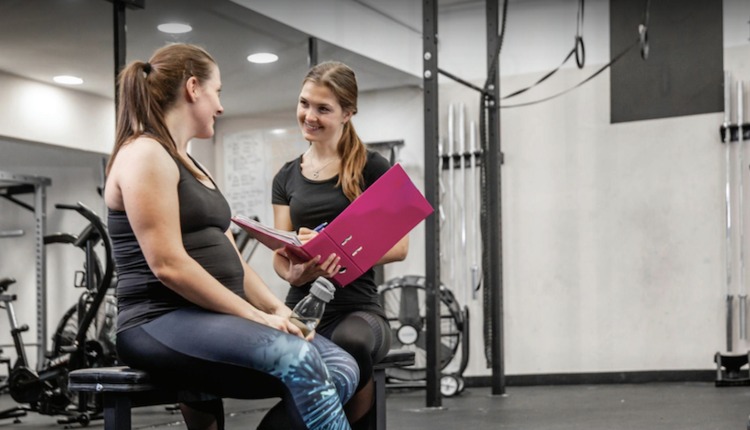Whether you’re a professional athlete, peewee football player, ballet dancer or “weekend warrior,” you probably know what it’s like to run out of steam during exercise. Maybe, you have learned to live with sore, stiff muscles on a daily basis. It is important to understand that this does not necessarily have to be the case.
Eating after a workout is arguably the most important meal of the day and is one of the best ways to take the “post-workout blues” head on! Recovering from an exercise bout is impossible without the replenishment of both food and liquid to restore what was lost during exercise.
The importance of carbohydrates: During exercise, muscle glycogen is the body’s primary fuel source and needs to be replenished. The primary objective of ingesting carbohydrates is to replenish glycogen stores. Carbohydrates should be moderate to high glycemic index, low-fiber and can be obtained through solid foods and/or beverages.
Protein is crucial, too: Protein is important because it provides the necessary amino acids for the muscle cells to facilitate protein synthesis. This environment is conducive to muscle repair and development, which are both critical aspects to allow full recovery. Protein should comprise about one-quarter of the total amount of carbohydrate consumed, so the carbohydrate:protein ratio will be approximately 3:1 or 4:1. Like carbohydrates, protein can come from solid foods and/or beverages, as long as it is low in fat, as fat will slow the absorption of the much needed nutrients.
Rehydrating the body: During exercise, athletes lose fluids through sweat. Refueling the body with fluids aids in the prevention of fatigue, dehydration and injury. After practice or a game, athletes should immediately drink at least a half-liter (approximately two cups) of nonalcoholic fluid and continue to consume fluids throughout the remainder of the day. The most general recommendation is when an athlete goes to the bathroom, their urine should be very pale yellow or clear. This is one reason a liquid recovery product may be beneficial; not only will it speed up the recovery process because of its rapid absorption, but it will also provide the much needed fluids.
Proper meal timing: Athletes should eat their recovery food(s) as soon as possible after exercise or competition, and should wait no longer than one hour to do so.
The goal of recovery nutrition is to prepare the body for the next workout. Skipping this meal could hurt your next performance.
Dr Chris Mohr is the creator of Dietary Supplement University (www.DietarySupplementU.com), the leading resource for the most up to date reviews of ingredients and dietary supplements).
Related to:
Feb. 3 2012













